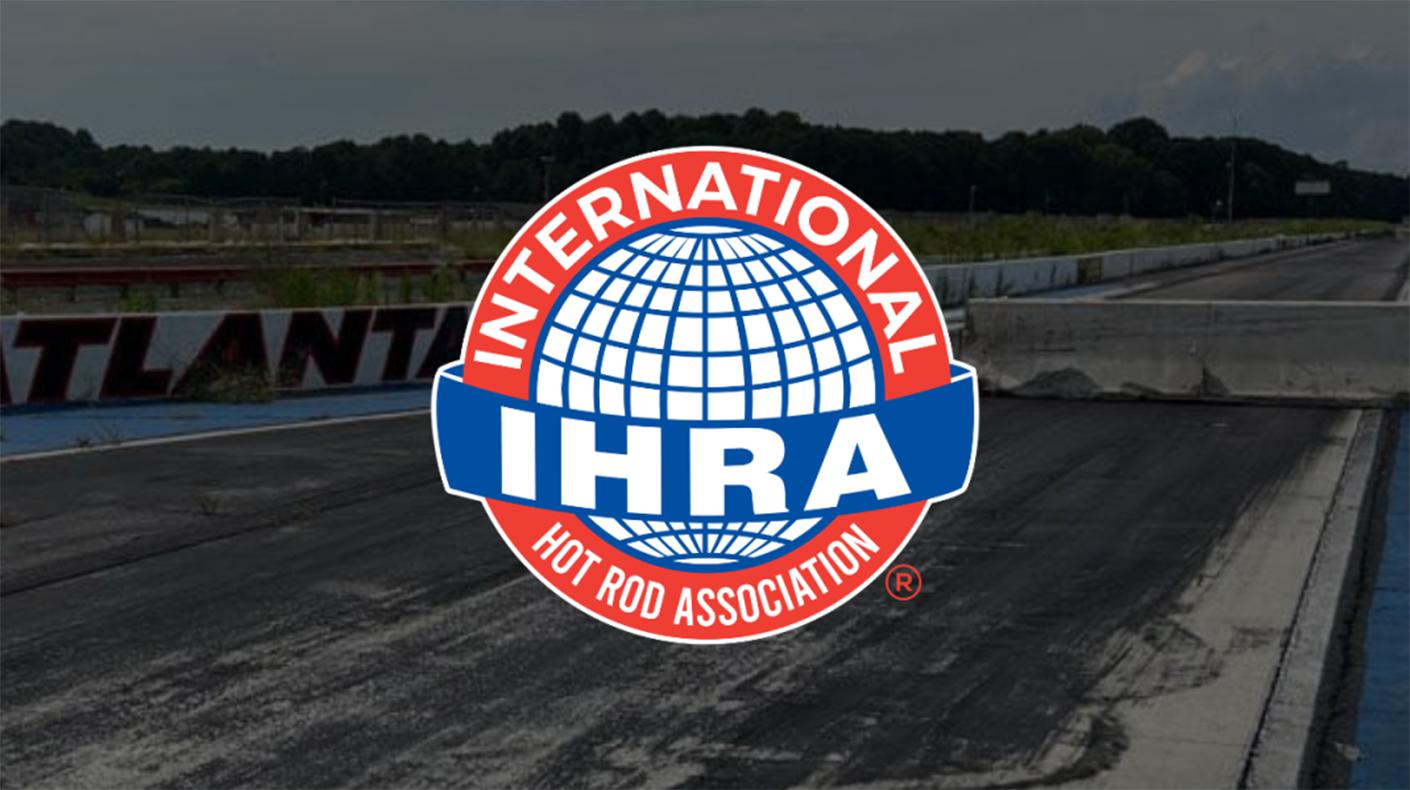By SEMA Washington, D.C., Staff
The Trump Administration will reimpose 10% tariffs on some aluminum from Canada starting on August 16. Tariffs on steel and aluminum were first imposed on June 1, 2018, but removed on May 20, 2019, as part of the United States-Mexico-Canada Agreement (USMCA) negotiations. The steel tariffs are not being reimposed, but the Administration cited a surge of Canadian aluminum into the United States in recent months as a reason for the tariffs. Canada announced that it will impose reciprocal tariffs on products from the United States.
The United States imposed global tariffs on steel (25%) and aluminum (10%) in 2018 under Section 232 of U.S. trade law covering a potential threat to U.S. national security due to a dependence on foreign sources for these critical materials. Several countries negotiated tariff exemptions:
- Steel: Argentina, Australia, Brazil, Canada, Mexico, South Korea
- Aluminum: Argentina, Australia, Canada, Mexico
The U.S. Department of Commerce has established a process for a company to seek an exclusion if it can demonstrate that the foreign-produced material is not made in the United States in reasonably available quantity or satisfactory quality.
Until February 8, 2020, the metal tariffs applied to processed raw materials (steel/aluminum plate, sheets, bars, etc.) but not finished products (e.g., wheels, exhausts, etc.). However, last February, the Trump Administration applied the tariffs to imports of certain finished products that could be construed as circumventing the tariffs. Products identified include bumper stampings along with nails, staples, electrical wire and several other products.
The Driving American Jobs Coalition, which represents the wide breadth of the auto industry, including SEMA, objected to the Canadian tariffs on aluminum, noting:
“Given the threat of tariffs hanging over the auto industry, Driving American Jobs is troubled by the Trump Administration’s decision to reimpose aluminum tariffs against Canada—a close trading partner and military ally. While we support leveling the playing field, the auto industry strongly believes any Administration should only use Section 232 authorities for true national security threats. The Driving American Jobs Coalition stands with the members of Congress who agree national security tariffs should not be used in trade disputes between allies.”
For more information, contact Stuart Gosswein at stuartg@sema.org.





